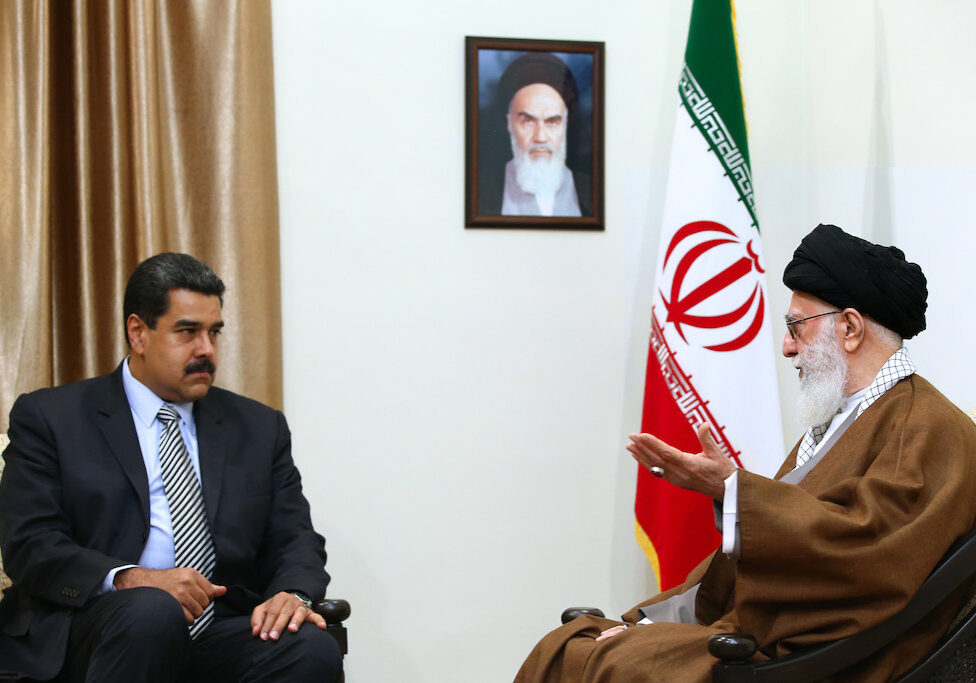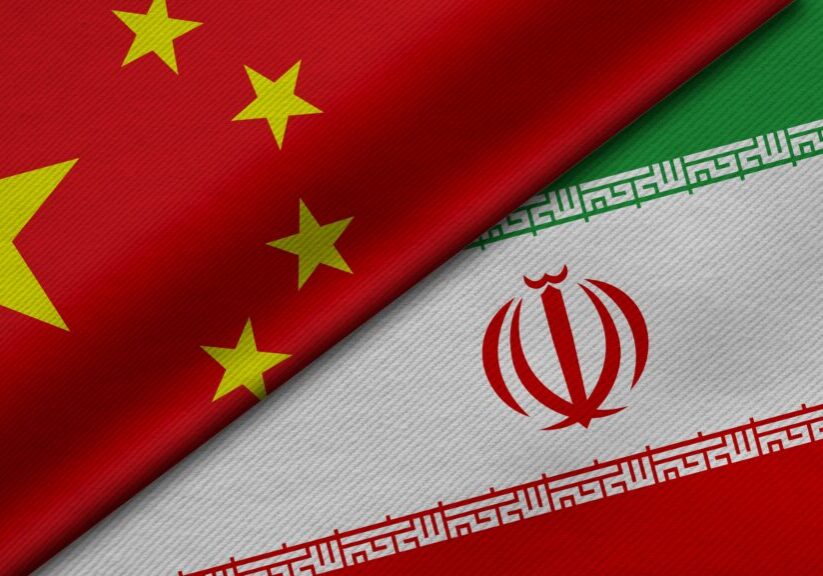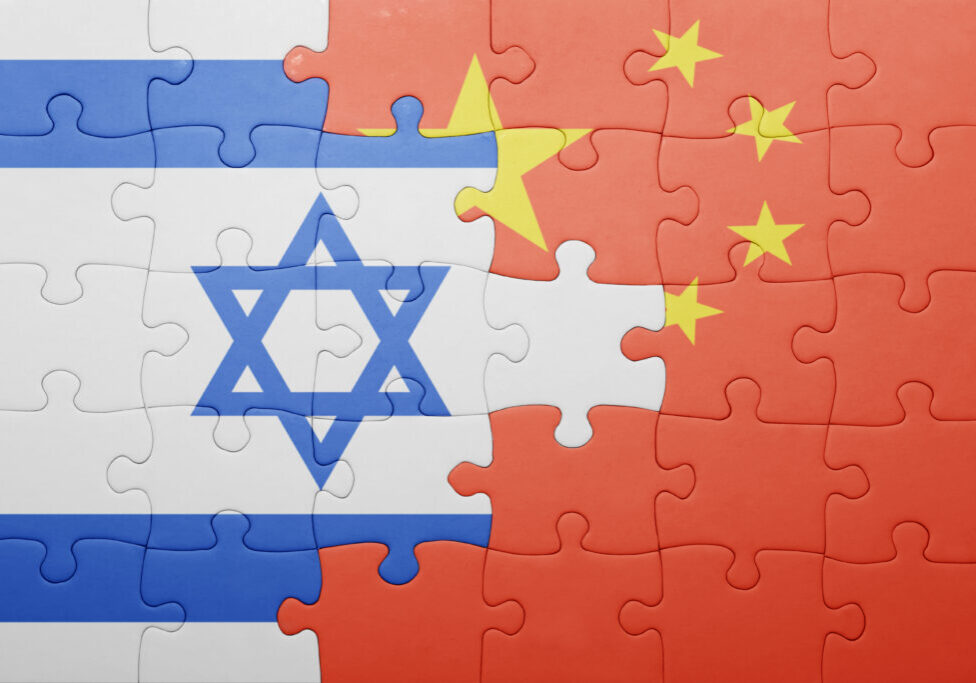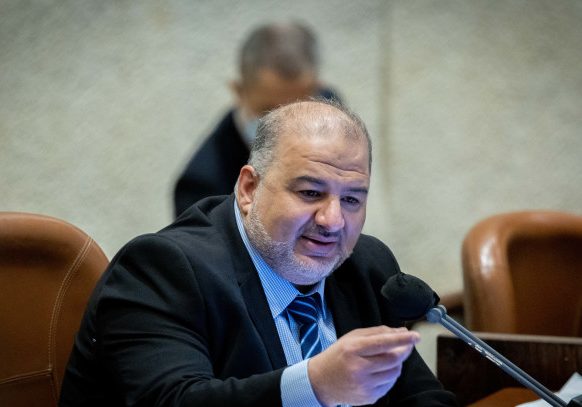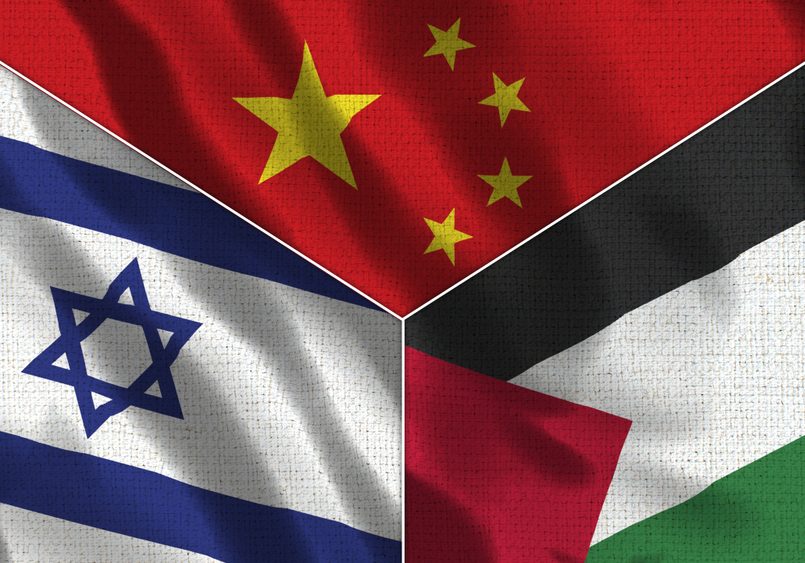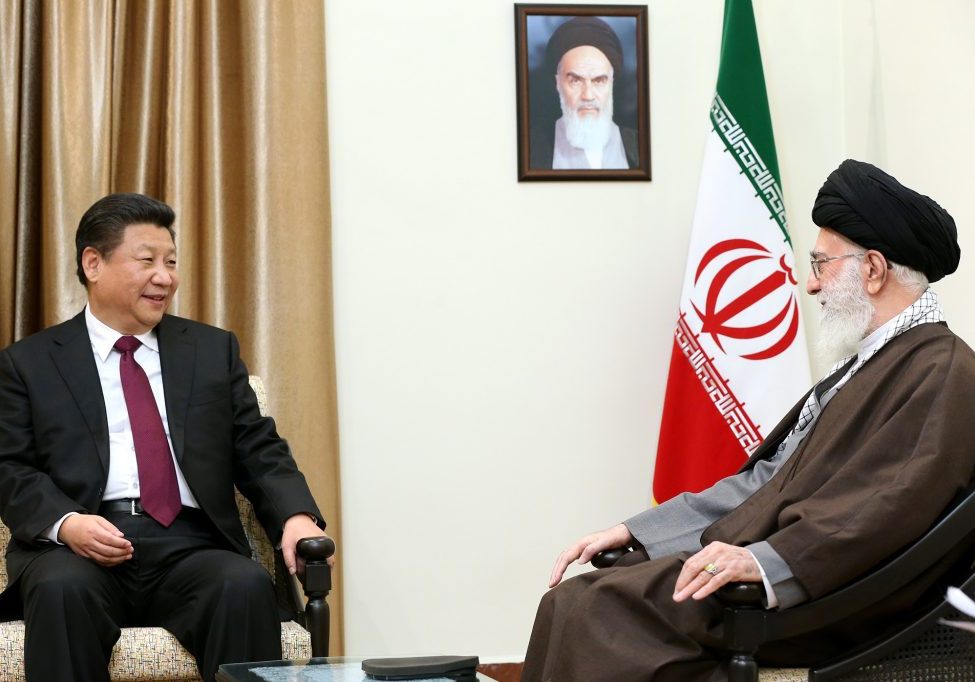Australia/Israel Review
The Last Word: Family ties
Jun 29, 2016 | Jeremy Jones
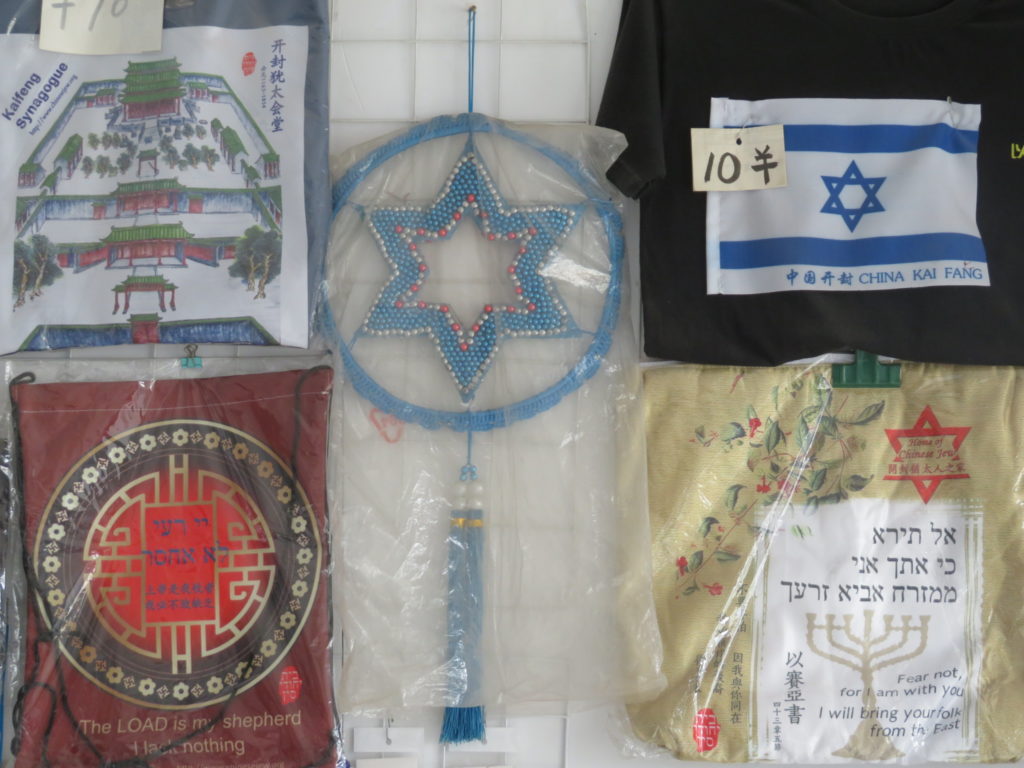
Jeremy Jones
It was mid-afternoon, mid-Ramadan. Other than one sleeping traveller, and a handful of workers, the mosque complex in Kaifeng, Central China, was deserted. It was an eerily quiet place in an otherwise bustling, noisy city.
I had come to the mosque with an energetic, enthusiastic member of one of the Jewish families which had thrived in that city for centuries.
The Kaifeng synagogue, which had served a community tracing its roots to the first millennia CE, had been destroyed by floodwaters nearly two centuries ago.
The mosque, I was told, had the identical layout to the synagogue in every respect, and by visiting it one could gain a sense of the size and design of the central edifice for Jews in this important Silk Road city.
Walking through one place of worship, which is in current use by men and women whose lives are being transformed by a country in economic and political transition, one could also feel a connection with those who had prayed at another – members of the global Jewish family who had once been an integral part of this metropolis.
I was in Kaifeng a few days after having been in Jerusalem where, amidst a busy schedule of meetings and conferences, I spent one memorable evening at a very special event in an amazing location.
On rooftops in the Old City, above the busy souk, I participated in the Muslim Breaking of the Fast (Iftar) meal, in the company of Muslims, Jews and Christians who were active in dialogue and collaborative projects.
A group from the Ecce Homo convent joined Orthodox Jewish students, Muslims following a variety of strains of Islam, activists, human rights workers, Lutheran Church volunteers, scholars and educators, to share an introduction to Ramadan and Iftar customs and home-cooked vegetarian and kosher delights.
Visible only to families in surrounding apartments, who were generous with their signalled expressions of support for those behind the gathering – and to Jerusalem’s usual quota of cats – we went well into the evening talking, listening, singing and socialising.
Physically above the tension in the market below us, we also had a sense of being above the political, social and political confrontations being played out at ground level.
While many of my meetings in Jerusalem, Tel Aviv and Herzliya included discussions of the challenges facing Israeli society, on the rooftop the talk was of projects to help students have access to better educational opportunities, of collaborations between Jews, Muslims and Christians to promote human values, of working together for the environment and ways of facilitating and expanding full, frank and honest dialogue.
How to best promote dialogue was also an important theme at the Global Forum of the American Jewish Committee (AJC), which took place earlier in June.
The AJC had a number of sessions which demonstrated the important role it is playing in advancing relations between Jews and non-Jews, through a variety of programs and activities.
At one session, Muslims from Egypt, Morocco, Sudan and Yemen spoke about their journeys towards dialogue.
Some grew up in environments where anything they ever learnt about Jews and Judaism was hostile and hateful, with others recalling hearing about Jewish neighbours who had enjoyed warm relations with Muslim communities before being forced to leave their homes of millennia.
Other sessions, on subjects as diverse as Holocaust education, the future of Western Europe and the experiences of Americans in Israel, included Muslim presenters.
Panels on Asia, including South-East Asia, highlighted work being done by the AJC (in partnership with AIJAC) in parts of the world which were under-appreciated and undervalued by Jewish organisations for far too long.
At the AJC, men and women from nearly every country where there is a Jewish community found common concerns, and discussed ways of strengthening the ties which unite the global Jewish Family – and to enhance its relations with other segments of the human family.
In Kaifeng, I gained an appreciation of just how important these relationships have been for centuries, and still are today.
Tags: China

